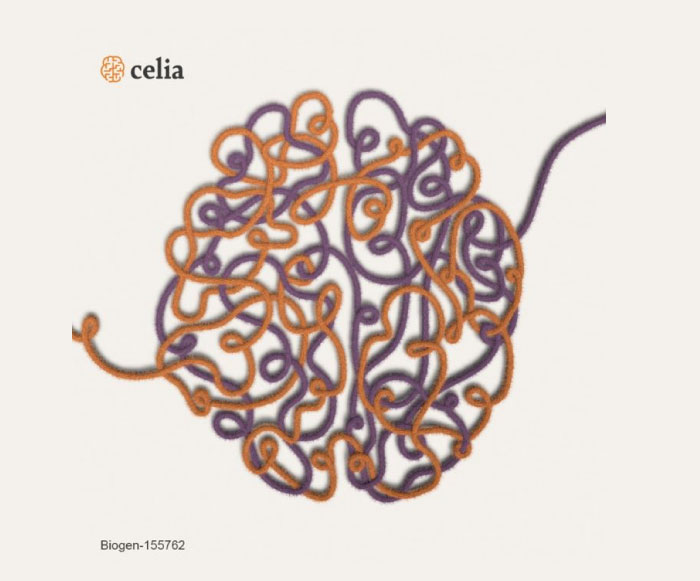POLARIS-AD
AR1001 (mirodenafil) is a once per day drug taken by mouth that could be an effective treatment option for Alzheimer’s disease. It is unlike other medications being tested for AD with a unique mechanism of action. The purpose of this study is to evaluate the efficacy and safety of AR1001 in participants with Early Alzheimer’s Disease (AD). AR1001 is a small molecule that has demonstrated its potential as a therapeutic agent for Alzheimer’s disease via its polypharmacological characteristics with multiple mechanisms to mitigate Alzheimer’s disease pathology. A Phase 2 study was completed in the United States with AR1001 for the treatment of participants with mild to moderate Alzheimer’s disease. AriBio is now proceeding with a Phase 3 program in an early Alzheimer’s disease population including participants with Mild Cognitive Impairment (MCI) and mild dementia.
Qualified candidates must:
- Be 55-90 years old
- Have known or suspected Alzheimer’s disease
- Have a study partner that can assist you and sign consents
ENVISION
BIIB037 (aducanumab) is a once per month IV infusion that was FDA-approved in June 2021, but Medicare did not reimburse it due to a feeling that another study was necessary to prove efficacy, hence the ENVISION trial. The primary objective of this study is to verify the clinical benefit of monthly doses of aducanumab in slowing cognitive and functional impairment as measured by changes in the Clinical Dementia Rating Scale Sum of Boxes (CDR-SB) score as compared with placebo in participants with early Alzheimer’s disease. Aducanumab is a monoclonal antibody that removes amyloid plaque which is associated with neuronal degeneration and Alzheimer’s disease.
Qualified candidates must:
- Be 60-85 years old
- Have known or suspected Alzheimer’s disease
- Have a study partner that can assist you and sign consents
CELIA
BIIB080 (antisense oligonucleotide) is an injection into the fluid around the spinal cord (cerebrospinal fluid) given to participants every 12 weeks who are diagnosed with mild cognitive impairment or mild dementia due to Alzheimer’s disease. This study will assess if BIIB080 can change the (CDR-SB) Clinical Dementia Rating Scale — Sum of Boxes Score vs placebo, and also determine the safety and tolerability of BIIB080 when injected into the Cerebrospinal Fluid (CSF) of participants with Mild Cognitive Impairment (MCI) due to Alzheimer’s disease (AD) or Mild AD dementia between 50 to 80 years of age.
Qualified candidates must:
- Be 50-80 years old
- Have known or suspected Alzheimer’s disease
- Have a study partner that can assist you and sign consents



